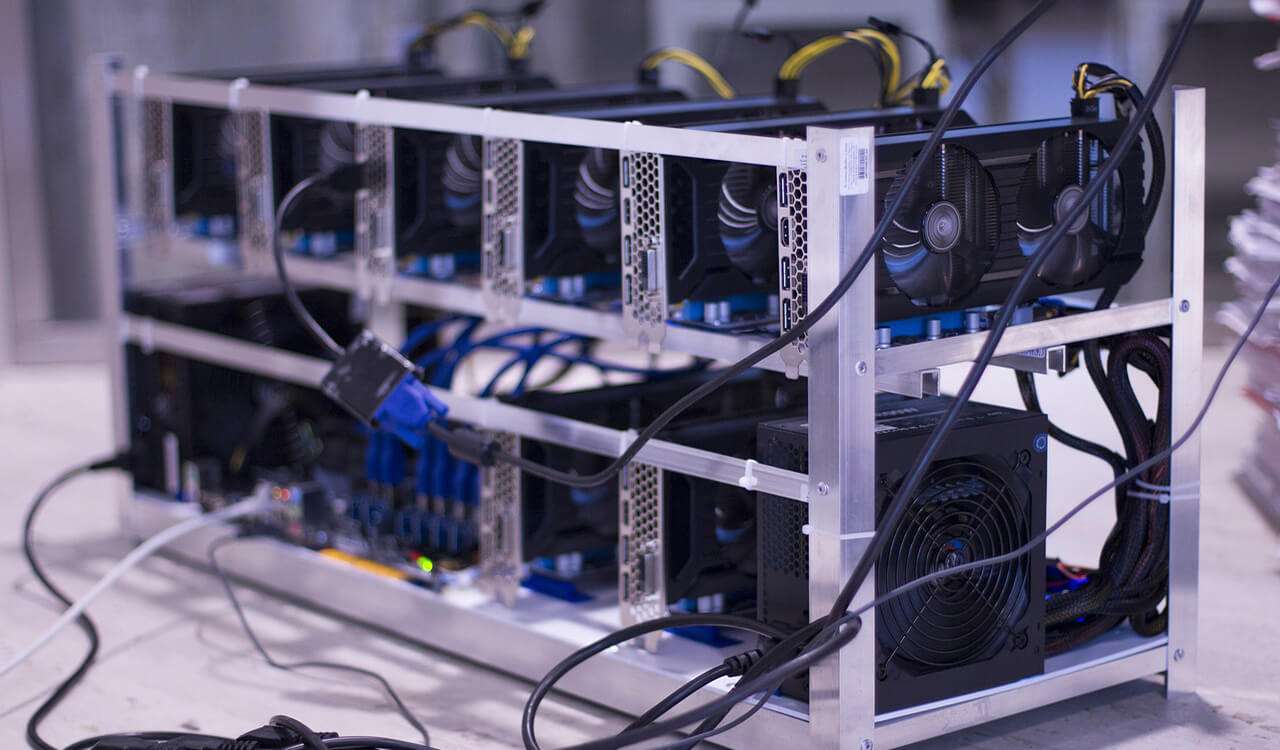ARTICLE AD BOX

- Indonesia has broken the operations of illegal Bitcoin miners with 1,314 rigs.
- Bitcoin mining efforts is tightening amongst key players in the industry.
In a move against the growth of illegal crypto mining operations, Indonesian authorities have cracked down on Bitcoin miners engaged in electricity theft.
Details of the Indonesian Bitcoin Miners Crackdown
As highlighted in a recent report, the raids, centered in Medan, North Sumatra, led to the confiscation of 1,314 Bitcoin mining rigs. Authorities also detained 26 individuals believed to be involved in illicit mining operations. These suspects allegedly tapped into utility poles owned by the state-owned electricity company, PLN (Perusahaan Listrik Negara), causing losses of approximately 14.4 billion Indonesian rupees ($100,000) over the past six months.
While the monetary value of the losses may seem relatively small, the unauthorized usage amounted to about 10 million kilowatt-hours at recent local energy prices. This is equivalent to the yearly energy consumption of approximately 7,500 individuals in the country.
In Indonesia, electricity theft is considered a criminal offense, carrying penalties of up to five years in prison or a fine double the value of the unpaid electricity bill. This legal stance underscores the severity with which authorities view such activities, reflecting the importance of maintaining the integrity and stability of the national power grid.
Similar issues have been faced by Indonesia’s neighboring country, Malaysia, where authorities have also made arrests related to electricity theft by Bitcoin miners. However, the recent raids in Medan represent one of the initial reported cases of such activities within Indonesia.
As Indonesia emerges as a crypto-friendly nation, the recent crackdown emphasizes the importance of keeping legal and regulatory frameworks aligned with the industry’s rapid evolution. With more than 17 million crypto investors in the country, according to Hasan Fawzi, the Head of Financial Sector Innovation Supervision, the government aims for inclusive participation across all societal layers.
Moreover, the upcoming August 17, 2024 deadline for crypto exchanges to register with the Commodity Future Exchange (CFX) marks a regulatory shift. This move is expected to impact the global crypto market and test the adaptability of exchanges to new regulatory requirements.
Innovative Solutions for Bitcoin Mining
Amidst the challenges posed by illicit Bitcoin mines, some innovators are leveraging technology for environmental sustainability.
Unblock Computos, a technology and energy start-up, has initiated a Bitcoin mining farm in the Vaca Muerta reserve in Argentine Patagonia. By harnessing residual methane gas from oil extraction, the company not only utilizes otherwise wasted energy but also reduces the emission of environmentally harmful gases.
Similarly, Marathon Digital has prioritized agility, seeking the cheapest electricity, investigating ways to utilize miner heat, and investing in technology, including the development of software and cooling systems. The startup aspires for a fleet efficiency of roughly 24 Joules per Terahash, which would be greater than the total Bitcoin network hashrate.
The crackdown on Bitcoin miners stealing electricity in Indonesia serves as a wake-up call for authorities and the crypto industry. It highlights the need for robust regulatory frameworks to address emerging challenges while fostering responsible and lawful engagement in the growing digital economy and Web3.0.
As Indonesia navigates its role in the crypto space, finding a balance between innovation and regulation remains imperative for long-term success. Currently, Bitcoin is trading at $45,394, after printing a 6.45% surge overnight to take its market capitalization to $889.2 billion, and trading volume to $28.6 billion.
.png)
 1 year ago
8
1 year ago
8








 English (US)
English (US)